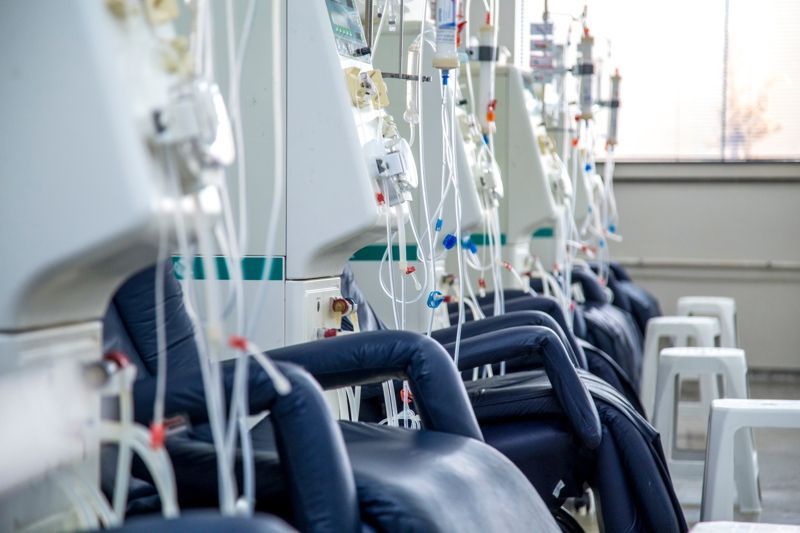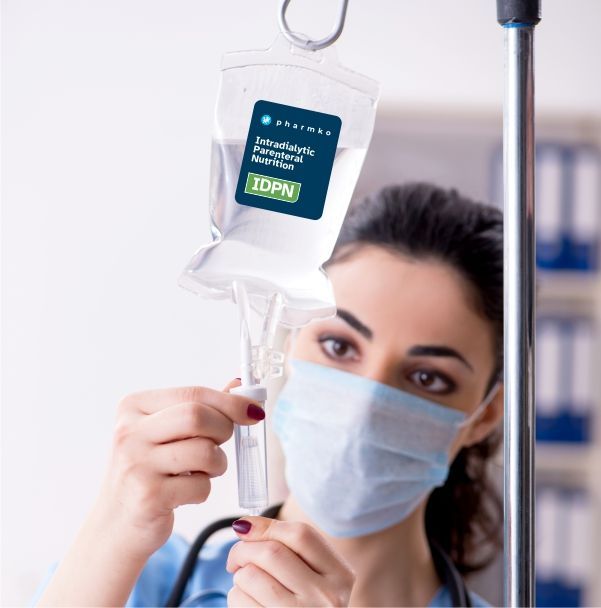Dialysis

Pharmko provides specialized pharmaceutical support for patients undergoing dialysis, with a focus on enhancing nutritional status and improving overall quality of care. Our team compounds individualized therapies—including IDPN (Intradialytic Parenteral Nutrition)—that can be safely and efficiently administered during dialysis sessions. These formulations are developed in collaboration with nephrologists and dialysis centers, helping to address protein-energy malnutrition and optimize clinical outcomes. Pharmko’s advanced delivery systems integrate directly with dialysis equipment, improving ease of administration while minimizing patient disruption. From compounding to delivery, we streamline the entire process to support better health for dialysis patients.

Integrated Dialysis Support
Customized nutrition and infusion therapies designed to complement in-center and home dialysis treatment plans.
Hassle-Free Prior Authorizations
Seamless coordination of prior authorizations and payer requirements.
Empowering Patients & Caregivers
Personalized education and support for patients and caregivers.
Delivery That Fits Your Life
Flexible delivery options aligned with treatment schedules and preferences.
Seamless RX Submission
Expert Support When You Need It
Three Specialized Therapies to Support Renal Nutrition
Forms of Nutrition

Total Parenteral Nutrition (TPN)
TPN, sometimes referred to as Total Parenteral Nutrition (TPN), bypasses the gastrointestinal tract to provide the nutrients that the body needs. It is used to correct or prevent malnutrition when individuals are not able to obtain sufficient calories and nutrition through eating.

Intradialytic Parenteral Nutrition (IDPN)
IDPN is a form of parenteral nutrition for renal care patients undergoing hemodialysis that is administered during regularly scheduled dialysis sessions. A solution of essential nutrients, including amino acids, dextrose and sometimes lipids, is infused into a vein.

Intraperitoneal Nutrition (IPN)
IPN is a form of parenteral nutrition for renal care patients undergoing peritoneal dialysis. It utilizes amino acids in place of dextrose as the osmotic gradient and provides nutrients through the peritoneum.



